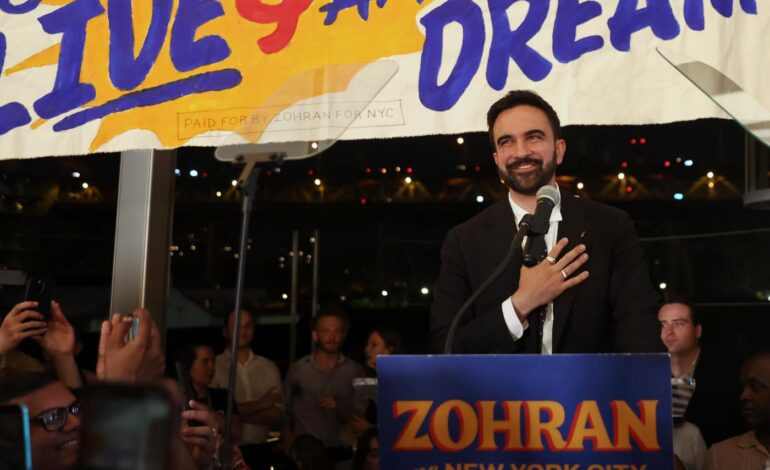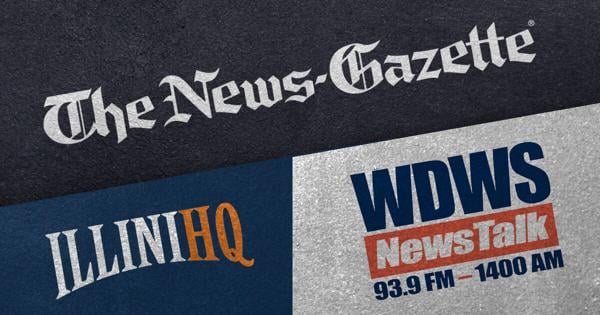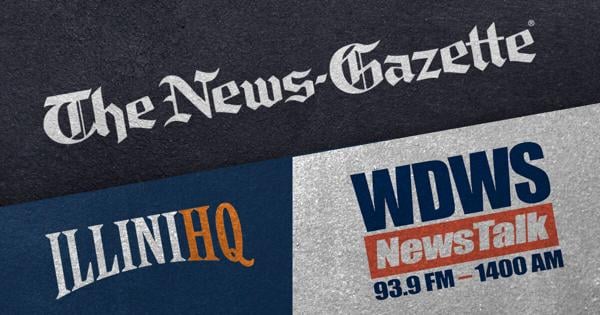Debate Intensifies Over NYC Mayoral Candidate Zohran Mamdani

As the race for the New York City mayoralty heats up, candidate Zohran Mamdani has sparked significant debate among voters and commentators regarding his political stance and affiliations. The discourse reflects a divided opinion, with some praising his approach while others express deep concern over his views, particularly towards Israel.
Critics argue that Mamdani’s self-described progressive policies are fundamentally aligned with classical Communist ideals. One letter to the editor from Carlo Ermoli of Tamarac questions Mamdani’s honesty in his political identity, suggesting that his rhetoric misleads voters about his true beliefs. Ermoli points to Mamdani’s criticisms of Israel, labeling them as extreme and accusing him of not recognizing the Jewish state’s right to exist. The letter highlights Mamdani’s support for the BDS movement (Boycott, Divestment, Sanctions) and mentions his involvement in founding a chapter of the controversial organization Students for Justice in Palestine at Bowdoin College.
Concerns extend beyond Mamdani’s personal views to his family background. His father, Mahmood Mamdani, who holds a position at Columbia University, has connections to groups such as the Gaza Tribunal. Critics like Ermoli assert that these ties indicate a broader anti-Israel agenda, emphasizing financial support from organizations like the Council on American-Islamic Relations (CAIR), which reportedly donated $100,000 to Mamdani’s campaign through the newly established Unity and Justice Fund.
Contrastingly, some voters perceive Mamdani’s candidacy as a refreshing change from traditional political norms. In a letter from Syed Ali Rahman of Davie, Mamdani is praised for his authenticity and focus on the struggles of working-class individuals in New York. Rahman appreciates Mamdani’s willingness to address the root causes of inequality and his straightforward engagement with voters. He argues that Mamdani speaks to the challenges faced by many, such as housing affordability and infrastructure issues, which resonate beyond New York City.
This dichotomy in opinion underscores the complexities of Mamdani’s candidacy. Supporters view him as a leader who prioritizes principles over political maneuvering, while detractors emphasize what they see as troubling affiliations and ideologies. The ongoing discussion reflects broader national sentiments regarding political transparency and the influence of identity in contemporary politics.
As New York City prepares for the upcoming election, the discourse surrounding Mamdani’s campaign illustrates the polarized landscape of American politics, where candidates are increasingly scrutinized for their beliefs and connections. The implications of his candidacy may extend beyond city borders, potentially influencing political dynamics across the United States.
With the election date approaching, the public will be keenly observing how these contrasting viewpoints shape the narrative and the decision-making of voters in New York City.






